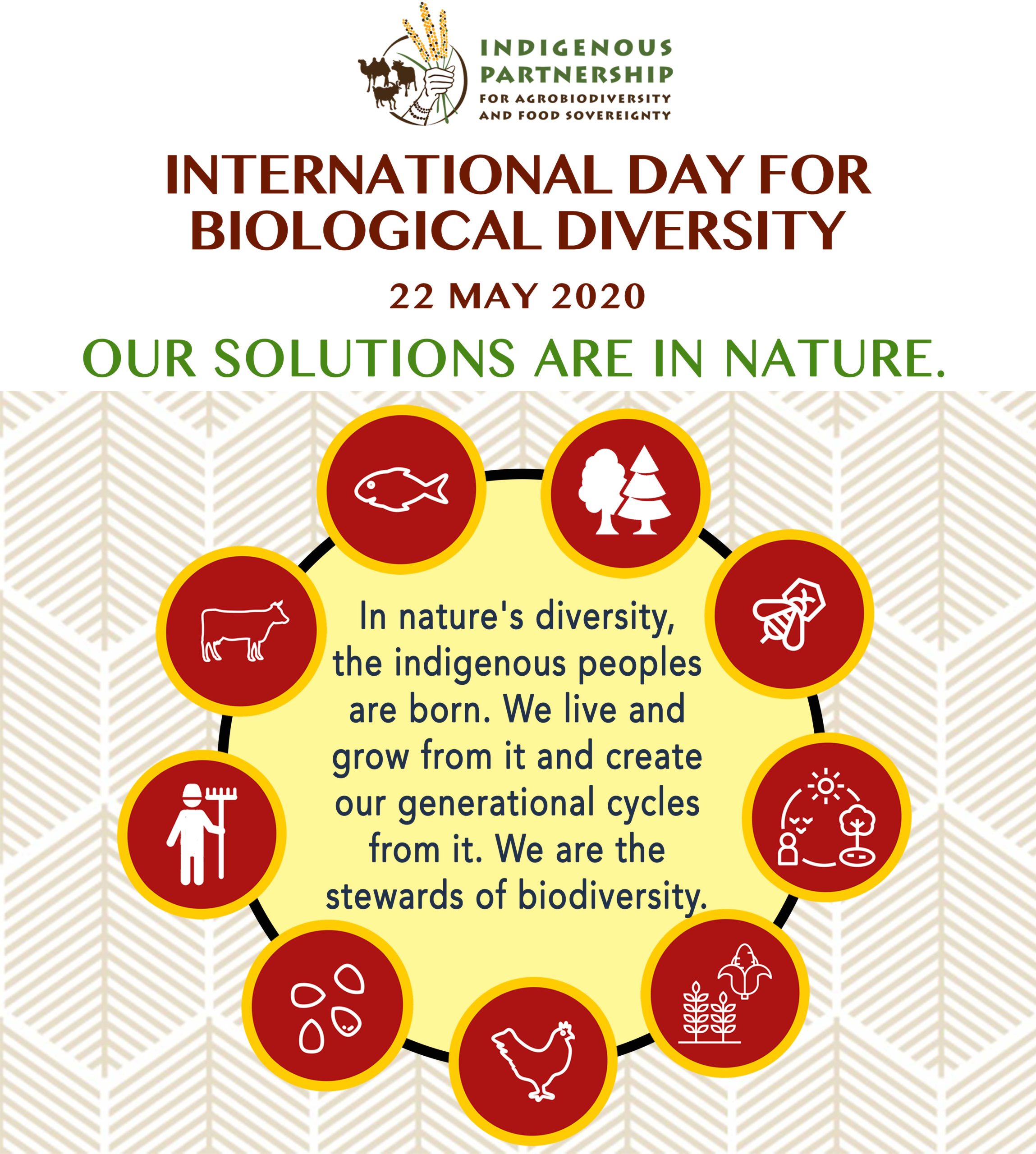Statement by Phrang Roy,
Coordinator TIP; Chairman NESFAS
Indigenous Peoples have traditionally been inhabitants of the least disturbed biodiversity lands and territories of the world. They manage more than one quarter of all the lands of this planet and protect more than 75% of the remaining global biodiversity. The strategic importance of their traditional knowledge, skills and practices in the maintenance of this biodiversity is unequivocally proclaimed by the United Nations and stressed by volumes of published data.
Every indigenous community has a tradition that shows that humans are a part of nature and its biodiversity. Indigenous Peoples are very much aware that biodiversity is very much the foundation of their culture, food, their health, their livelihoods, their traditions of community conserved areas, their hope to mitigate and adapt to climate change and other challenges. Indigenous Peoples are therefore concerned with deforestation, land grabbing for extractive industries and the marginalisation of UN recognised indigenous rights, local food systems and traditional knowledge. We join our other indigenous brothers and sisters in proclaiming that “the coronavirus is telling the world what Indigenous Peoples have been saying for thousands of years — if we do not help protect biodiversity and nature, we will face this and even worse threats.” (Levi Sucre Romero, a BriBri Indigenous person from Costa Rica and Co-coordinator of the Mesoamerican Alliance of Peoples and Forests (AMPB), 13th March 2020, New York.
 Translate
Translate





